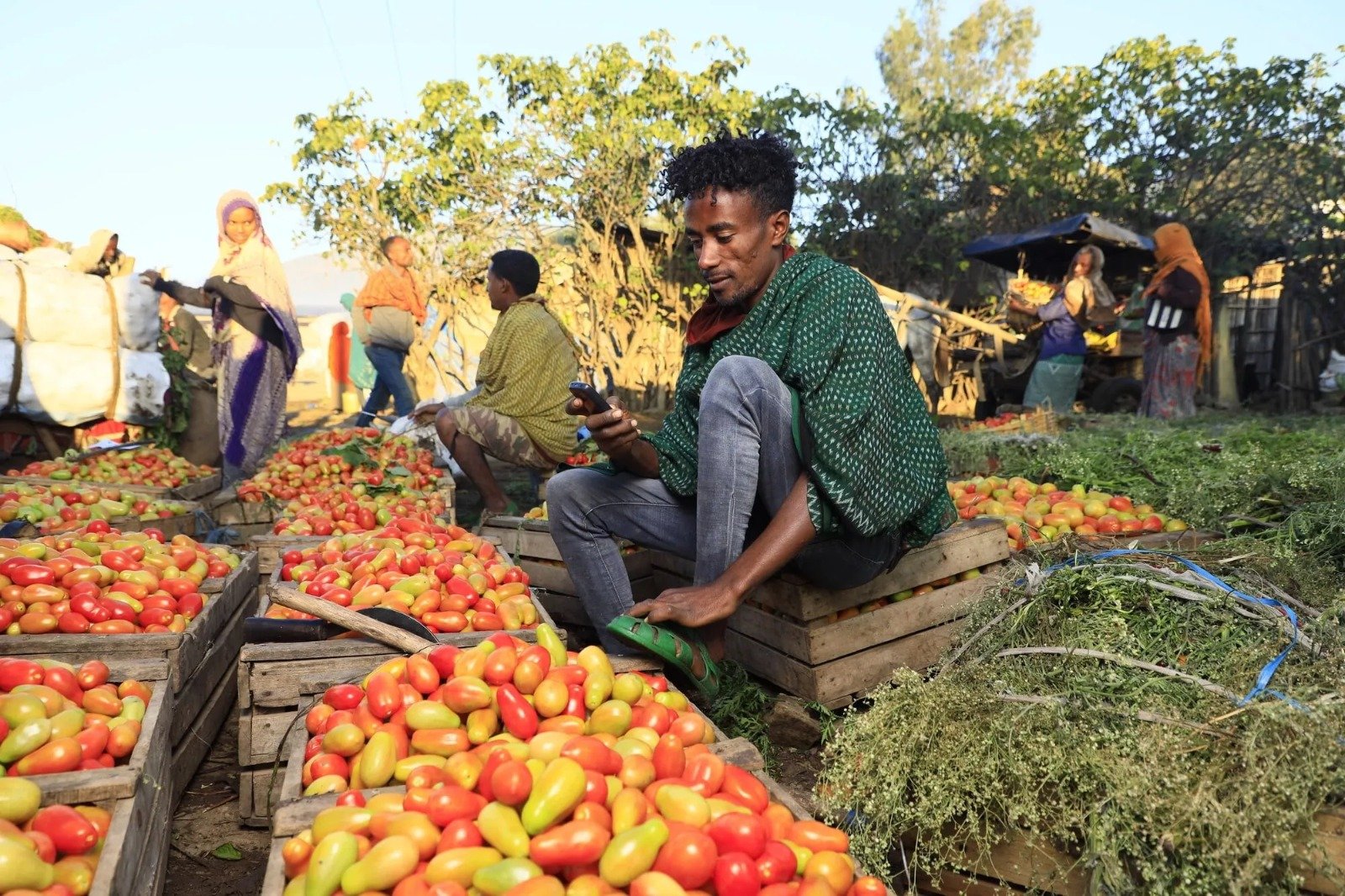Why the Digital Economy Is Important?

Digital tools allow Tanzanians to create home-grown tech solutions that solve real problems in agriculture, education, health, or logistics.
The digital economy is changing the way we live, work, and grow businesses. It opens opportunities for people of all ages, especially the youth, to earn, learn, and lead. In Tanzania, this shift is not only important it is necessary for inclusive development and economic transformation. The following are the reasons why Tanzania should focus on shifting to a digital economy;
1. Job Creation
The digital economy creates new jobs that didn’t exist before, both formal and informal. Youth can earn through online platforms without needing to be employed in a traditional office. A content creator earning on YouTube or TikTok, blogs, virtual assistant work, and social media management, graphics design and forex trading.
2. Increases Access to Markets
Businesses are no longer limited to local buyers. A seller in Mbeya can market products to customers in Dodoma or even outside Tanzania using digital platforms. For example, an online shop on Instagram delivers handmade bags to customers all over the country using digital payments and delivery services without the buyer having to store.
3. Boosts Financial Inclusion
People in rural areas who may not have bank accounts can now save and manage money using mobile phones. This helps more people participate in the economy. According to TCRA data, it is over 30 million Tanzanians are registered as mobile money users.
4. Reduces Costs and Time
Instead of travelling to an office or bank, services are available at your fingertips. This saves money, time, and energy. Paying LUKU or DSTV via M-Pesa, applying for NIDA or TIN online. Students are registering for exams via an online university/college portal.
5. Promotes Innovation and Local Solutions
Digital tools allow Tanzanians to create home-grown tech solutions that solve real problems in agriculture, education, health, or logistics. A mobile app that helps farmers get weather forecasts, a startup creating delivery services for local restaurants like JumlaJumla and Piki delivery. A logistics company owner is tracking their vehicles' movements while concentrating on other work.
